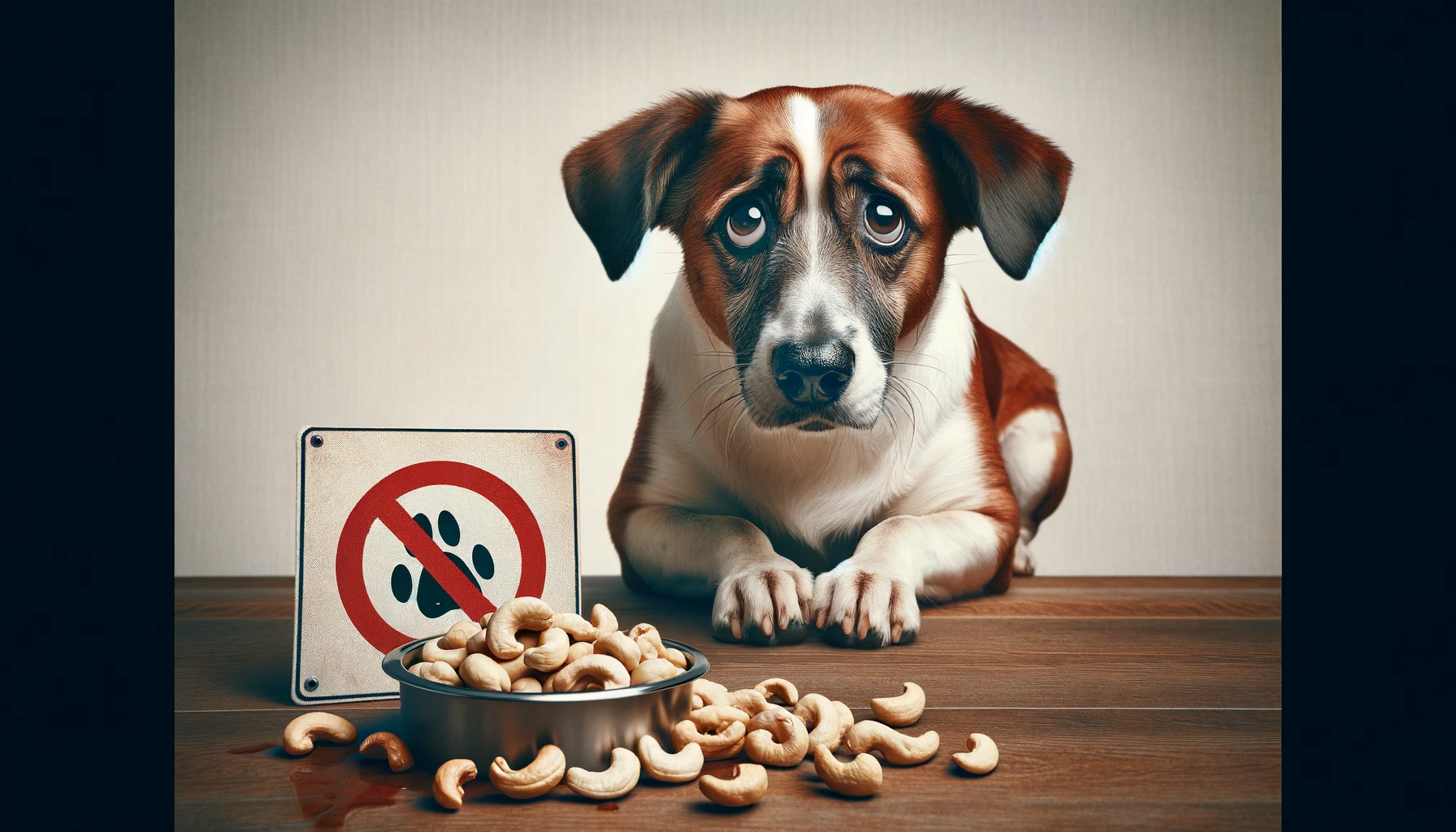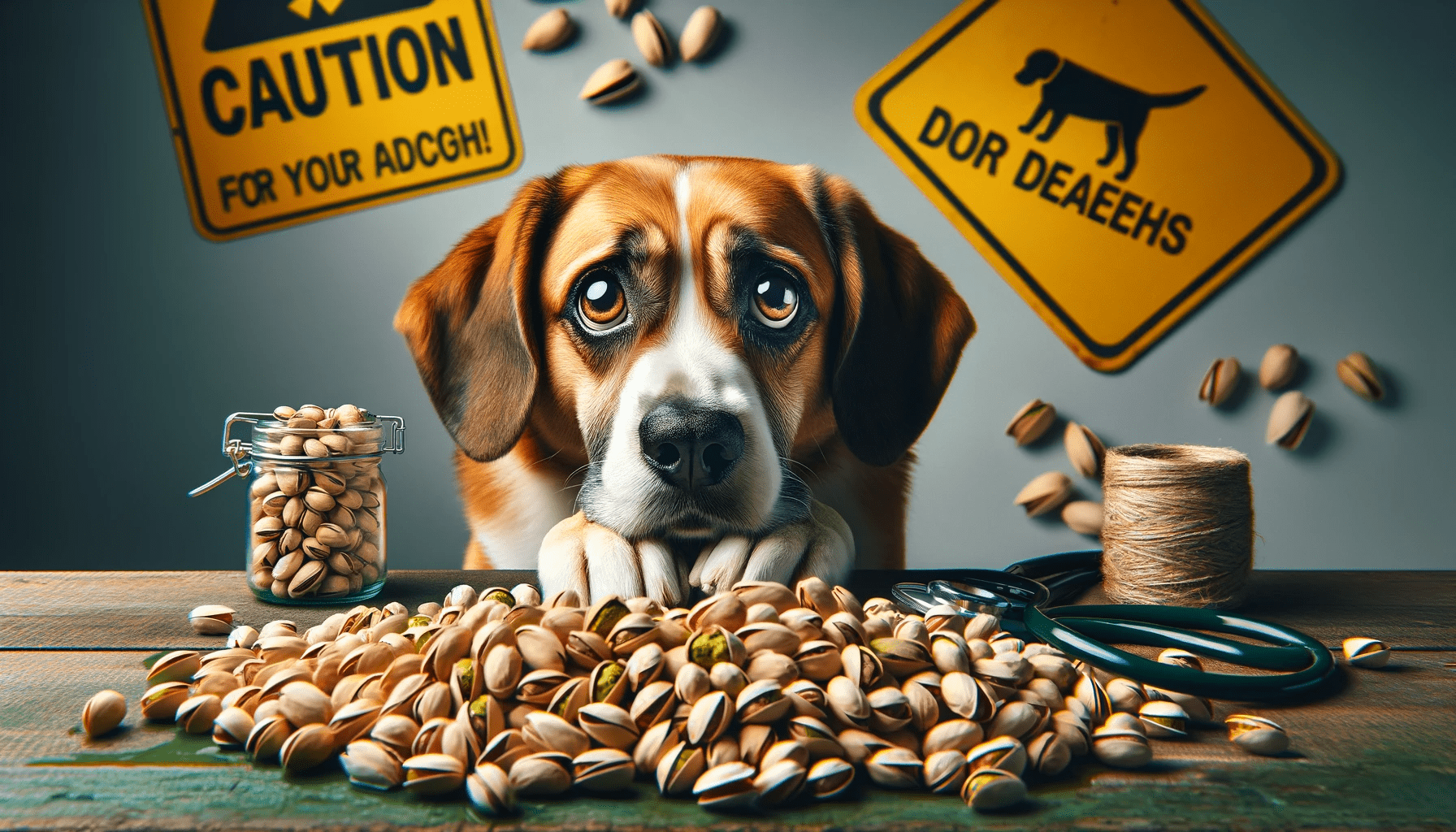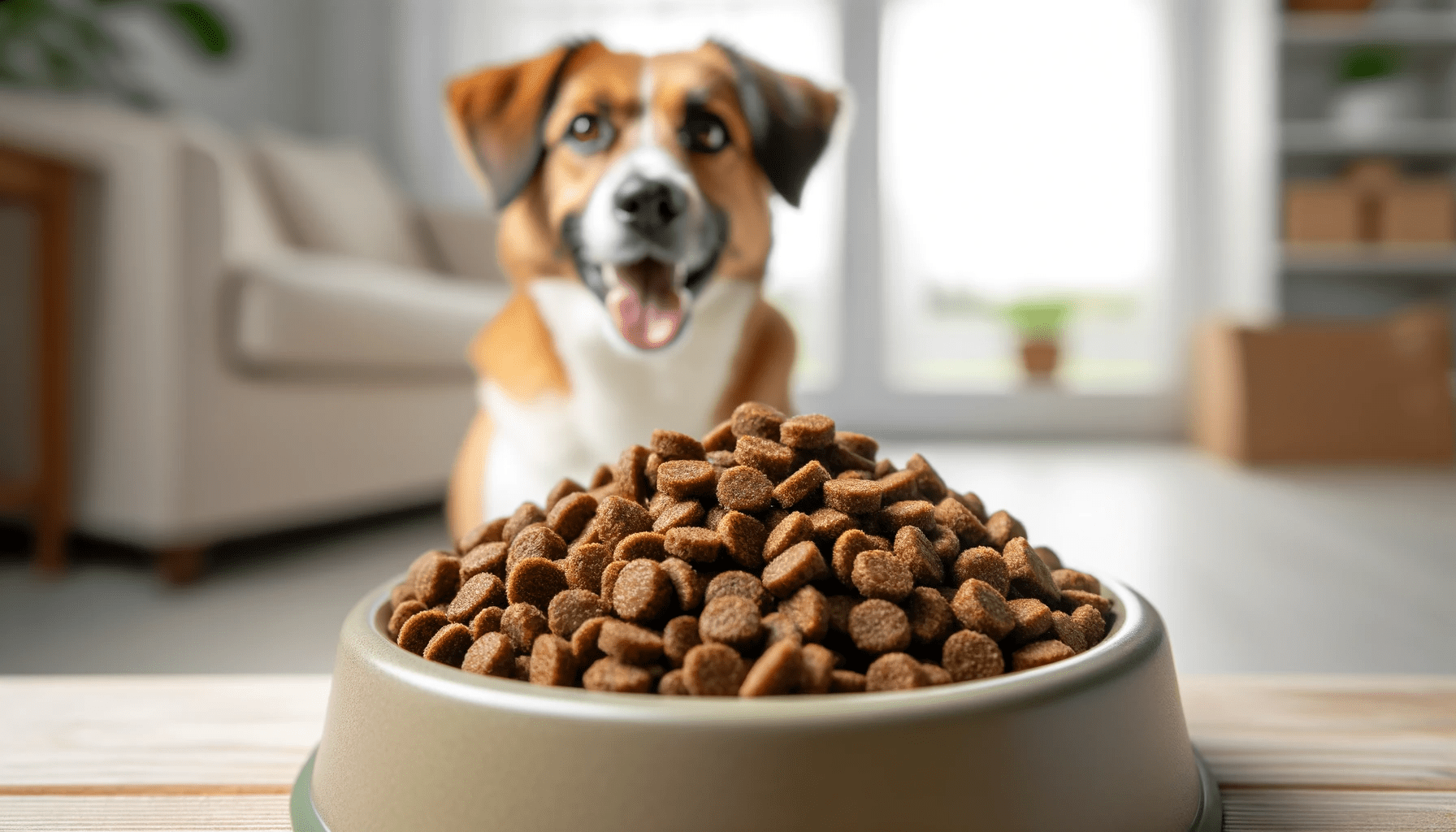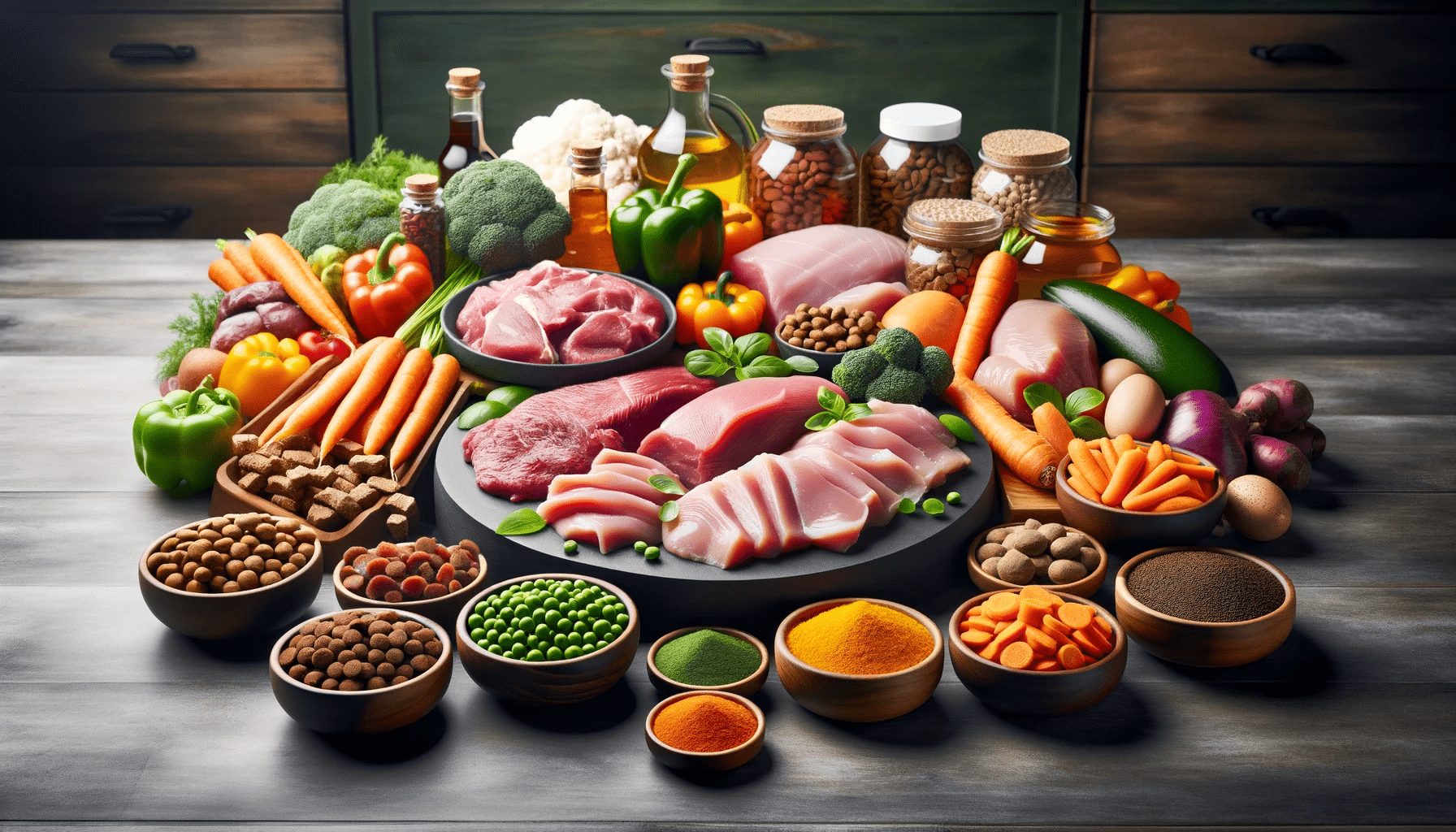Are you looking to provide your furry friend with the best nutrition possible? Look no further! In this article, we will share nine essential nutrition tips for keeping your dog healthy and happy.
From the importance of a balanced diet to the benefits of homemade food, we've got you covered. Learn how to choose high-quality dog food, avoid harmful ingredients, and incorporate fresh fruits and vegetables.
With these tips, you'll be well on your way to ensuring your dog's optimal health.
Key Takeaways
- A balanced diet containing proteins, carbohydrates, fats, vitamins, and minerals is crucial for a dog's growth and overall health.
- Muscle growth and repair can be supported by a protein-rich diet or dietary supplements.
- Omega-3 fatty acids contribute to a healthy and shiny coat, and can be obtained from sources like fish oil, flaxseed oil, and chia seeds.
- Portion control, a feeding schedule, and choosing the right dog food with high-quality ingredients are important for maintaining a healthy weight and avoiding harmful additives.
Importance of Balanced Diet
To ensure your dog's overall health and well-being, it's crucial to provide them with a balanced diet. A balanced diet is one that contains all the necessary nutrients in the right proportions to support your dog's growth, development, and overall health.
Just like humans, dogs require a variety of nutrients, including proteins, carbohydrates, fats, vitamins, and minerals, to function optimally.
The importance of a balanced diet for dogs can't be overstated. Nutrient-rich meals provide the necessary fuel for their bodies to function properly. Proteins are essential for building and repairing tissues, while carbohydrates provide energy. Fats are a concentrated source of energy and help absorb fat-soluble vitamins. Vitamins and minerals are crucial for various bodily functions and play a role in maintaining a healthy immune system.
Feeding your dog a balanced diet also helps prevent certain health issues. For example, a lack of essential nutrients can lead to deficiencies, which can result in problems like poor growth, weakened immune system, and skin issues. On the other hand, overfeeding or providing an unbalanced diet can lead to obesity, which is associated with a range of health problems in dogs.
Essential Nutrients for Dogs
To keep your dog healthy, it's important to provide them with essential nutrients.
Protein is crucial for muscle growth and repair, helping your dog stay strong and active.
Omega-3 fatty acids are essential for a healthy coat, promoting shine and reducing inflammation.
Protein for Muscle Growth
Include lean sources of protein in your dog's diet to support muscle growth and overall health. Protein is essential for muscle building and repair, and it plays a crucial role in your dog's overall well-being.
Here are three important reasons why protein is important for your dog's muscle growth:
- Muscle Building: Protein provides the building blocks for muscle growth. It helps repair and rebuild muscles after exercise, making it vital for dogs who engage in muscle building exercises.
- Energy Production: Protein also serves as a source of energy for your dog. It helps maintain stamina and endurance during physical activities, allowing for optimal muscle performance.
- Dietary Supplements: In some cases, dietary supplements such as protein powders or specialized formulas may be recommended to support muscle growth. These supplements can provide additional protein and other essential nutrients to promote muscle development.
Omega-3 for Healthy Coat
Incorporate omega-3 into your dog's diet for a healthy coat.
Omega-3 fatty acids are essential nutrients that offer numerous benefits for dogs. One of the most notable benefits is promoting a lustrous and shiny coat. Omega-3 helps reduce inflammation and moisturize the skin, preventing dryness and itchiness. It also strengthens hair follicles, reducing the risk of hair loss and promoting healthy hair growth.
Fish oil is an excellent source of omega-3 for dogs. It contains high levels of EPA and DHA, which are the active forms of omega-3. Other sources include flaxseed oil and chia seeds, which provide ALA, a precursor to EPA and DHA.
Incorporating these omega-3 sources into your dog's diet can help maintain a healthy and glossy coat.
Portion Control and Feeding Schedule
Maintaining a healthy dog requires carefully monitoring portion sizes and establishing a consistent feeding schedule. Here are some portion control tips and guidelines to help you keep your furry friend in good shape:
- Measure your dog's food: Use a measuring cup or scale to accurately portion out your dog's meals. This ensures that you aren't overfeeding or underfeeding them.
- Consider your dog's age, weight, and activity level: Different dogs have different nutritional needs. Consult with your veterinarian to determine the appropriate portion size for your dog based on their specific requirements.
- Avoid free-feeding: Leaving food out all day can lead to overeating and weight gain. Establish a feeding routine by offering meals at set times during the day. This also helps with potty training and digestion.
By following these portion control tips and establishing a feeding routine, you can help your dog maintain a healthy weight and prevent obesity-related health issues.
Remember to monitor your dog's body condition and adjust their portion sizes as needed. A well-balanced diet, along with portion control and a consistent feeding schedule, is key to keeping your dog healthy and happy.
Choosing High-Quality Dog Food
When choosing high-quality dog food, it's important to start by analyzing the ingredient labels. Look for real meat as the first ingredient and avoid fillers like corn and by-products.
Additionally, assess your dog's nutritional needs based on their age, breed, and activity level to ensure they're getting the right balance of nutrients.
Lastly, consider the brand's reputation and reviews to ensure they've a history of producing high-quality, safe products for dogs.
Ingredient Label Analysis
To choose high-quality dog food, you should look for an ingredient label that clearly lists the sources of protein, carbohydrates, and fats. This analysis is crucial because it allows you to determine the nutritional value and potential harmful additives in the food.
Here are three key things to look for on the ingredient label:
- Sources of protein: Look for specific animal proteins like chicken, beef, or fish as the first ingredients. Avoid labels that simply list generic terms like 'meat' or 'meat by-products.'
- Sources of carbohydrates: Whole grains like brown rice or oats are preferable over fillers like corn or wheat. These provide essential energy and fiber for your dog.
- Sources of fats: Look for healthy fats like chicken fat or fish oil. Avoid dog foods that contain unhealthy fats like vegetable oil or animal fat.
Nutritional Needs Assessment
Once you have analyzed the ingredient label, you can now assess the nutritional needs of your dog and choose the high-quality food that meets those requirements.
Nutritional counseling plays a crucial role in ensuring your dog's overall health and well-being. It involves evaluating your dog's age, breed, size, activity level, and any specific health conditions they may have. Based on this assessment, dietary recommendations can be made to provide the necessary nutrients for optimal health.
It's important to select a dog food that's formulated to meet the Association of American Feed Control Officials (AAFCO) standards, ensuring it provides a complete and balanced diet. Look for high-quality ingredients, such as real meat, whole grains, and fruits and vegetables.
Consulting with a veterinarian can further help in determining the specific nutritional needs of your dog and guiding you in choosing the best food for them.
Comparing Brand Reputation
After assessing your dog's nutritional needs, it's important to compare brand reputations when choosing high-quality dog food. When it comes to brand comparison, consider the following:
- Customer Reviews: Look for brands with consistently positive feedback from customers. Read reviews on trustworthy websites and forums to get an idea of the quality and effectiveness of the dog food.
- Reputation among Veterinarians: Consult with your veterinarian and ask for their recommendation. Veterinarians have extensive knowledge and experience with different brands and can provide valuable insights.
- Transparency and Quality Control: Choose brands that are transparent about their ingredients and manufacturing processes. Look for brands that have strict quality control measures in place to ensure the safety and nutritional value of their products.
Avoiding Harmful Ingredients
When feeding your dog, it's important to be aware of the harmful ingredients that can negatively impact their health. Avoiding harmful additives and common allergens in your dog's food is crucial for maintaining their overall well-being.
Harmful additives such as artificial colors, flavors, and preservatives can have detrimental effects on your dog's health. These additives have been linked to allergies, digestive issues, and even cancer in dogs. It's essential to read the labels carefully and choose dog food that's free from these harmful additives.
Common allergens like wheat, corn, and soy are also ingredients that should be avoided if your dog has known allergies or sensitivities. These ingredients can cause skin irritations, digestive problems, and other allergic reactions in dogs. Opt for dog food that's specifically formulated for dogs with food sensitivities or allergies, ensuring that it's free from these common allergens.
Additionally, it's advisable to consult with your veterinarian to determine the specific dietary needs of your dog. They can provide guidance on selecting the right dog food that meets your dog's nutritional requirements while avoiding harmful ingredients.
Benefits of Homemade Dog Food
To further improve your dog's nutrition and overall health, consider the numerous benefits of feeding them homemade food.
Homemade dog food has several advantages over commercial options, including:
- Benefits of raw feeding: When you prepare your dog's food at home, you have the option to include raw ingredients. Raw feeding is believed to offer several benefits, such as improved digestion, healthier skin and coat, and increased energy levels. By incorporating raw meat, bones, and vegetables into your dog's diet, you provide them with essential nutrients in their natural form.
- Cost effectiveness of homemade dog food: While commercial dog food can be convenient, it can also be expensive. By making your dog's meals at home, you have more control over the ingredients and portion sizes, allowing you to save money in the long run. Additionally, homemade dog food allows you to make use of leftovers and reduce food waste, making it a cost-effective option.
- Tailored nutrition: Every dog is unique and has specific dietary needs. By preparing homemade food, you can tailor your dog's meals to meet their individual requirements. Whether your dog has food allergies, sensitivities, or specific health conditions, homemade dog food allows you to customize their diet accordingly.
Incorporating Fresh Fruits and Vegetables
To further enhance your dog's nutrition and overall health, incorporating fresh fruits and vegetables into their homemade meals on a regular basis is key. Just like humans, dogs can benefit from the vitamins, minerals, and antioxidants found in these natural foods.
When selecting fruits and vegetables for your furry friend, opt for options that are safe and beneficial for dogs. Some examples include apples, blueberries, carrots, and green beans.
Incorporating fresh herbs can also provide additional health benefits. Herbs like parsley and basil not only add flavor to your dog's meals, but they also contain antioxidants and can aid in digestion. Be sure to chop the herbs finely before adding them to your dog's food to ensure easy consumption.
If you're looking for creative treat ideas, you can also incorporate fruits and vegetables into homemade dog treats. For example, you can blend sweet potatoes, pumpkin, and carrots to make a nutritious and tasty treat. Just be sure to avoid using any toxic foods such as grapes, onions, or garlic.
Importance of Hydration
Maintaining proper hydration is crucial for your dog's overall health and well-being. Just like humans, dogs rely on water to regulate body temperature, aid in digestion, and support various bodily functions. Here are three reasons why hydration is important for your furry friend:
- Preventing dehydration: Adequate water intake is essential for preventing dehydration in dogs. Dehydration can lead to serious health issues, such as organ failure and heatstroke. By ensuring your dog has access to fresh water at all times, you can help prevent dehydration and promote optimal health.
- Optimal physical performance: Hydration plays a key role in your dog's physical performance. Whether it's going for a run, playing fetch, or simply going for a walk, a well-hydrated dog will have the energy and stamina to engage in these activities. Proper hydration helps lubricate joints, maintain muscle function, and support overall physical endurance.
- Recognizing signs of dehydration: It's important to be aware of the signs of dehydration in dogs. Common indicators include excessive panting, dry nose and gums, lethargy, and loss of appetite. If you notice any of these symptoms, it's crucial to provide your dog with water and seek veterinary care if necessary.
Regular Monitoring and Adjustments
How can you ensure that your dog's hydration needs are being met?
Regular monitoring and adjustments are key in maintaining your dog's overall health. Start by monitoring your dog's water intake. Make sure fresh, clean water is always available and encourage your dog to drink regularly. If you notice any changes in their water consumption, it could be a sign of dehydration or an underlying health issue.
Additionally, monitoring your dog's weight is essential. Sudden weight loss or gain can indicate an imbalance in their diet. Regularly assess their body condition score to ensure they're maintaining a healthy weight.
Another important aspect of monitoring is observing their energy levels and behavior. If your dog seems lethargic or exhibits any abnormal behavior, it may be a sign that their diet needs adjustment.
Frequently Asked Questions
Can I Feed My Dog a Vegetarian or Vegan Diet?
You can feed your dog a vegetarian or vegan diet, but there are pros and cons to consider. It's important to ensure that the diet is balanced and provides all the necessary nutrients for their health.
How Do I Know if My Dog Is Getting Enough Nutrients From Their Diet?
To ensure your dog is getting enough nutrients from their diet, look out for signs of nutrient deficiency such as dull coat, weight loss, and digestive issues. A balanced diet is crucial for a healthy dog.
Can I Feed My Dog Raw Food?
Feeding your dog raw food has pros like improved coat and dental health, but there are cons like bacterial contamination. Alternative options to a raw food diet include commercial dog food or a balanced homemade diet.
Should I Give My Dog Supplements?
Giving your dog supplements has both pros and cons. While they can provide added nutrients, it's important to consult with a veterinarian first. Additionally, alternative diets for dogs, such as homemade or raw, may also require additional supplementation.
How Often Should I Change My Dog's Diet?
When should you transition your dog to a new diet? Is it necessary to change your dog's diet regularly? It is important to consult with your veterinarian to determine the best timing and frequency for diet changes based on your dog's specific needs.
Conclusion
In conclusion, ensuring your dog receives a balanced diet with essential nutrients is crucial for their overall health and well-being.
By practicing portion control, choosing high-quality dog food, and avoiding harmful ingredients, you can provide the best nutrition for your furry friend.
Consider incorporating fresh fruits and vegetables and keeping them hydrated.
Regular monitoring and adjustments will help maintain their optimal health.
Remember, a healthy diet is the foundation for a happy and active dog.






